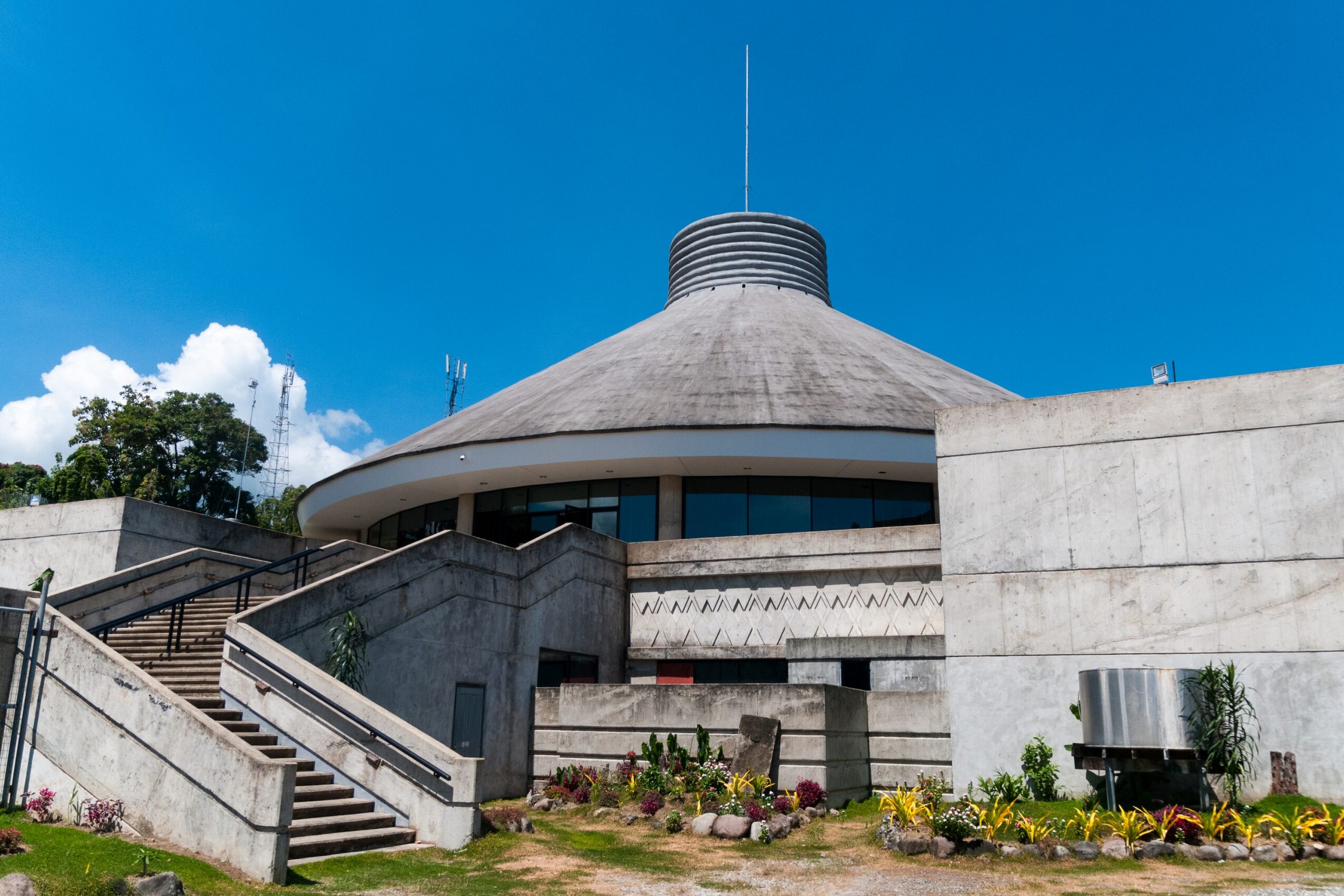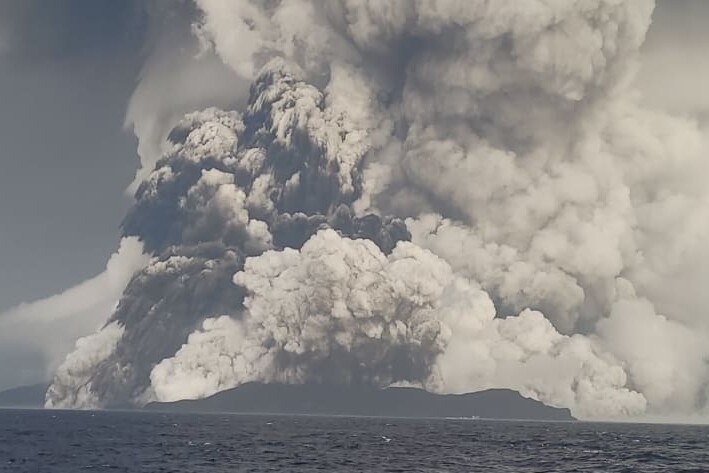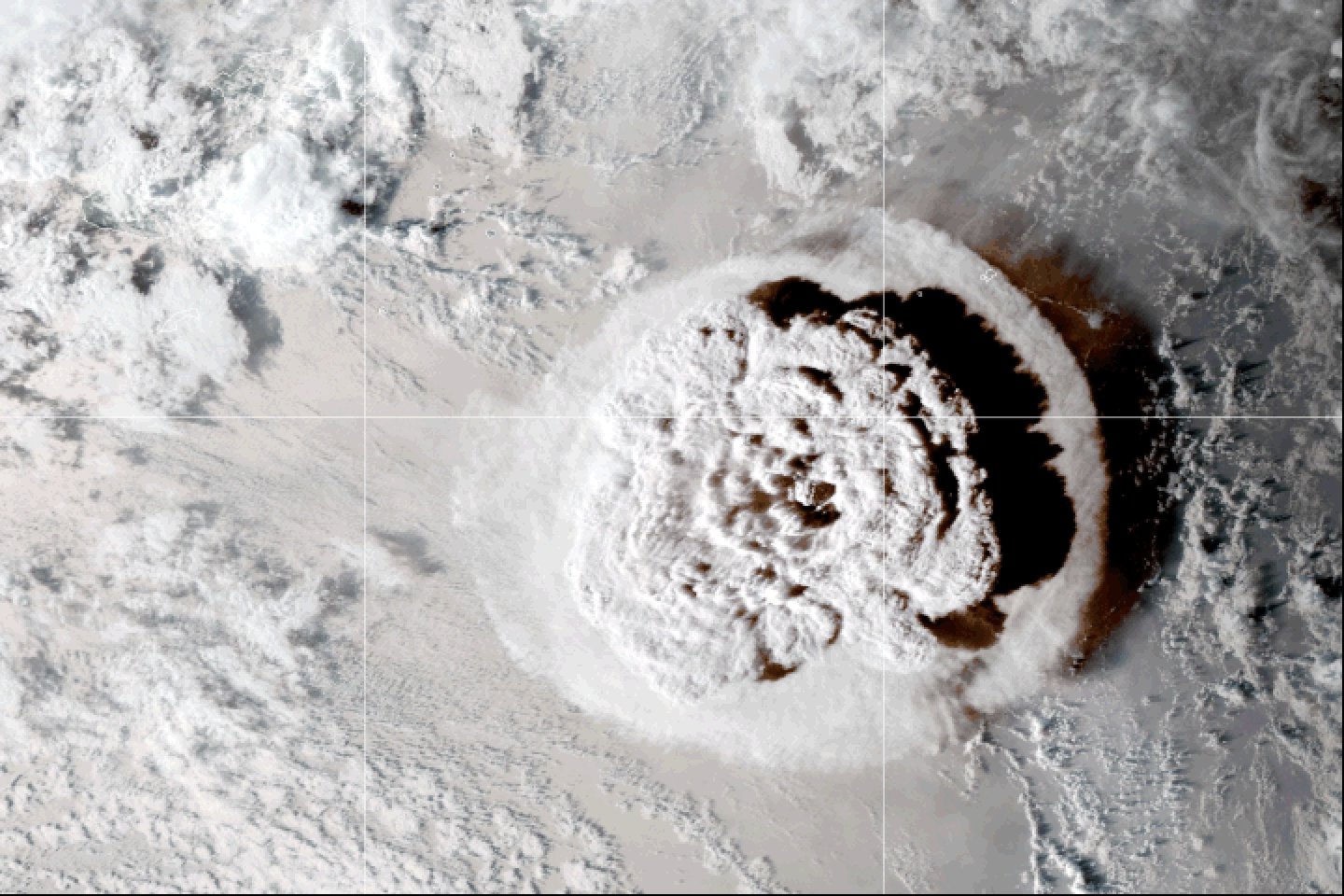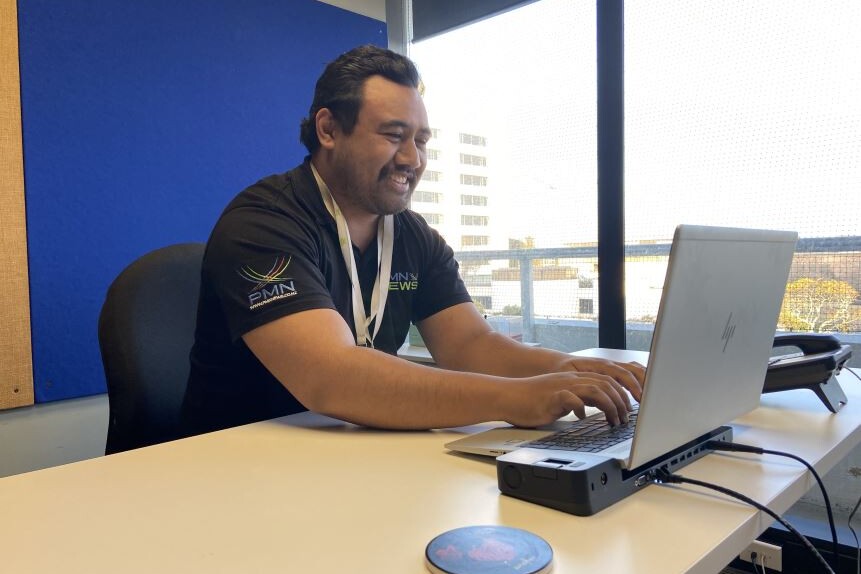Public media expands reach and services for the Pacific
25th August 2022
New Zealand and Australian public media organisations are increasing their investments and collaborations in the Pacific, and adapting to digital trends to expand their reach to audiences across the region.
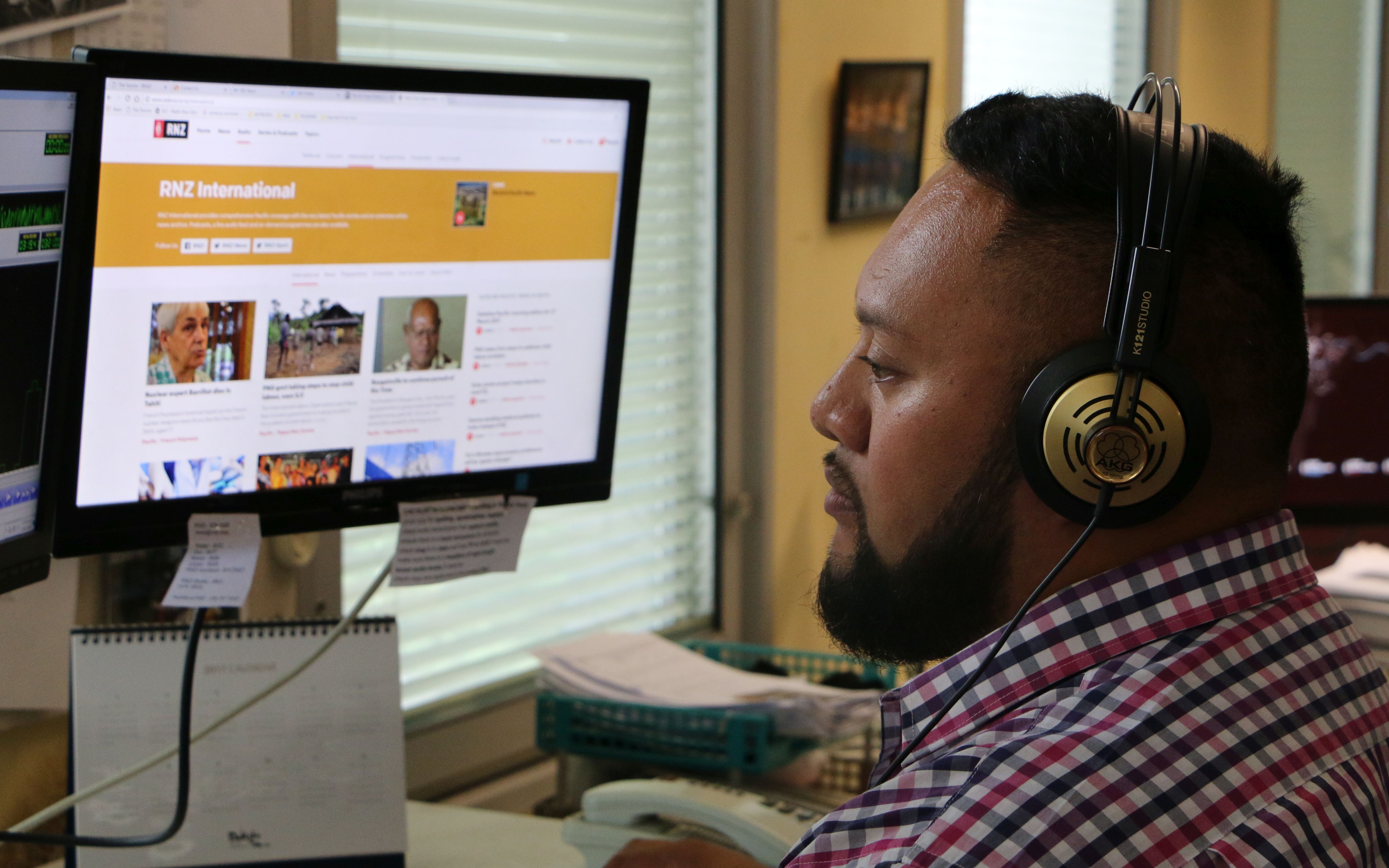
Digital platforms
ABC Australia has announced the launch of a new digital platform – a “one stop digital brand” – that will collate content that informs, educates and entertains audiences in the Pacific region.
‘ABC Pacific’, launched earlier this week, is primarily aimed at “tech-savvy, English-speaking urban residents of Pacific nations, expatriate Australians living in the Pacific, as well as Pacific diaspora populations in Australia” and will be available via the ABC website, Facebook and Twitter. The content will also be available for domestic audiences in Australia to help maintain regional ties and encourage greater awareness of Pacific neighbours.
It is part of the public broadcaster’s “ongoing commitment” to serve audiences in the Pacific and will accompany the wide array of Pacific-focused news, sports, cultural, and music programmes that are already offered by ABC Radio Australia. There are currently 13 radio transmitters across the region, while ABC Australia (TV) broadcasts to 16 Pacific Island nations and territories.
It is also a response to the increased smartphone usage across the Pacific region, particularly in urban areas, which has resulted in greater engagement with ABC via Facebook and its digital offerings.
“Total Pacific user interactions late last year with the ABC, whether via the ABC website, the ABC app or social media channels, were reportedly higher than usage and interactions with any other international provider, including the BBC, CNN, RNZ and CGTN”, ABC’s Head of International Services, Claire Gorman noted. “ABC today is used, valued and highly trusted by Pacific audiences.” But she added, “There’s a lot more the ABC could do in and for the Pacific.”
In recent years, ABC has faced challenges to maintaining some of its Pacific services. In 2017, it ended its shortwave radio broadcasts due to budget cuts imposed by the former Scott Morisson-led government, leaving only Radio New Zealand (RNZ) and Radio China as broadcasters for the Pacific region.
Increased investment
The launch of ‘ABC Pacific’ follows the direction that Australia’s new Labor Government is seeking, to reset Australia’s relationship with the Indo-Pacific region. Speaking at ABC’s 90th Anniversary celebration in Sydney earlier this month, the recently sworn in Prime Minister, Anthony Albanese, made a call to amplify ABC’s voice. He reaffirmed the government’s “commitment to an Indo-Pacific broadcasting strategy”, which includes increasing ABC’s international funding by $8 million a year over the next four years.
Informed by ABC’s proposals, the strategy includes enhanced regional transmission, more content production for the region, and increased media training for domestic Pacific partners. Mr. Albanese argued that such a move would help “to protect national security” from China’s rising influence in the region. Concerns were raised by a number of organisations – including PMA – earlier this month regarding Solomon Islands, where reports suggested the government is tightening its grip and control over the editorial output of the national broadcaster. The country had recently signed a security pact with China.
New Zealand’s Government is also investing in broadcasting across the region. In May, it announced that it would be allocating $4.4 million to fund a new shortwave transmitter for RNZ Pacific to replace the broadcaster’s deteriorating infrastructure.
RNZ Pacific broadcasts across the wider Pacific region via shortwave radio 24 hours a day and collaborates with 22 broadcasting partners from across the region. RNZ’s CEO and Editor-in-Chief, Paul Thompson*, welcomed the investment and said that the “value of the RNZ Pacific service can’t be underestimated. Our voice reaches all parts of the Pacific, at times with critical information such as cyclone warnings.”
The importance of having resilient, reliable, and independent public broadcasters is critical for the region. During the Hunga Tonga-Hunga Ha’apai volcano eruption, when the undersea cable brought down communications to and from Tonga, RNZ Pacific resorted to shortwave to reach the isolated island nation. It quickly became recognised as a lifeline for transmitting fast and reliable life-saving information.
Read more: “A vital tool”: Why RNZ turned to shortwave after the Tongan volcanic eruption
“There’s a lot more the ABC could do in and for the Pacific,” says head of int’l services at @ABCaustralia, Claire Gorman. “The ABC today has the strategy, systems and relationships in the Pacific to enable rapid expansion, given funding support.” https://t.co/dz8aFT85oD
— Public Media Alliance (@PublicMediaPMA) August 24, 2022
Stronger collaborations
The Public Media Alliance is also helping to facilitate the strengthening of transnational collaborations between its public media members in the Pacific. In the coming months, two PMA 2022 Global Grantees will undertake reciprocal visits between ABC, RNZ, SBS, and Pacific Media Network (PMN) that will include knowledge and cultural exchanges, and research to inform more future collaborations on content and projects, to better address the changing media needs of audiences in the region and ultimately strengthen public media and personnel across the region.
Find out more: Meet our 2022 Global Grantees!
PMA will also continue to support the upskilling, training, and promotion of domestic broadcasters, who play a crucial role in each country, while strengthening the presence of public media across the region.
*Paul Thompson is also the President of the Public Media Alliance.
Related Posts
5th August 2022
PMA: Solomon Islands government must respect broadcaster’s independence
The government has ordered Solomon…
27th July 2022
“A vital tool”: Why RNZ turned to shortwave after the Tongan volcanic eruption
When the Hunga Tonga-Hunga Ha'apai…
17th March 2022
Covering the Tongan tsunami from abroad, with no communications
Tongan journalist Agnes Tupou reflects…
20th July 2021
Major media networks collaborate to develop talented Pacific journalists
The number and quality of Pacific…

